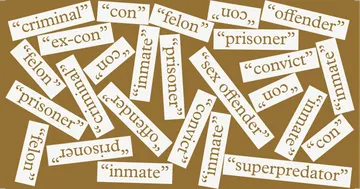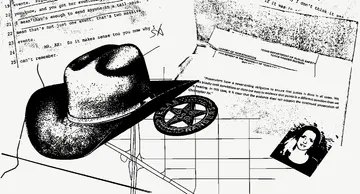If confirmed by the Senate, Loretta Lynch would become the first black woman to serve as Attorney General of the United States, succeeding Eric Holder, the first black man to hold the job. Judging from the questions asked of her by Senate Judiciary Committee members at her debut Wednesday morning, not to mention the animosity between Republicans and Holder, it’s clear the two will be closely linked, at least at the start of Lynch’s tenure at the Justice Department.
She is being asked to answer for past Justice Department policies that she had nothing to do with, including controversial immigration policies and the transfer of terror suspects to America for federal civilian trials. But she also is being pressed to answer for policies she is quite familiar with as a prosecutor, such as using asset forfeiture laws and a cautious approach to financial crimes that critics in both parties blame on coziness with Wall Street. She will preside over an era of increased cybercrime (and marijuana legalization) largely unthinkable when Eric Holder took over at the DOJ. Likewise, she will have to maneuver through the shoals of policing and racial justice in a way her predecessor only has begun to navigate.
So what do you want to know about the next person who will become the nation’s chief law enforcement official, the next person to exert enormous control over federal prisons, federal drug enforcement, civil rights investigations, sentencing priorities, and other areas (like the death penalty) that shape the practice of criminal justice? You can find pretty much anything, including this list of her “5 most interesting cases” and this good list of “10 Questions for Loretta Lynch.” No one disputes that Loretta Lynch has long been a dogged, careful prosecutor with a history of taking on difficult cases without great fanfare — the sort of resume that would have made her an obvious candidate for a federal judgeship had this opportunity not presented itself first. Check out this piece about her fight against organized crime. And check out this “What Was It Like Working With” Loretta Lynch article. (Spoiler alert: It was great!)
For a deeper look, there is this Wall Street Journal piece, posted in July, that essentially introduced Lynch to a national audience. “Tough” and “fair” and “low-key” were again the buzzwords — along with stories of personal success. When she scored high on a standardized test in her mostly white school, she said, she was told by administrators that she had to retake it. She did, and got an even higher score the second time around. Later, after she was nominated for the Attorney General position, her North Carolina roots were the emphasis of a great many news articles. This one, from the Charlotte Observer, noted that Lynch “rode on her father’s shoulders to church” on Sundays.
Race, of course, is central to Lynch’s story. Not just in her background and history, but also in her future at the Justice Department in an age marked both by civilian and police protests over racial disparities in criminal justice. But that doesn’t mean she necessarily wants it that way. This Politico piece late last year pressed the point that Lynch’s record on civil rights, and her public statements on racial justice in general, have been muted. In December, The New York Times looked closely at her past comments on race. An excerpt:
In her remarks at Cardozo in 2001, Ms. Lynch spoke of lingering racism in the criminal justice system. She told a story about a white Long Island juror who was shocked to see white defendants in a drug trial. “When I think of criminals, I don’t think of white people,” Ms. Lynch recalled the juror saying. “I think of black people or Hispanic people.”
Finally, you can read here what she said to the Senate Judiciary Committee in her own defense. You can watch online video of her testimony here, and soon you can pore over the transcript of the question-and-answer session of her confirmation hearing.

